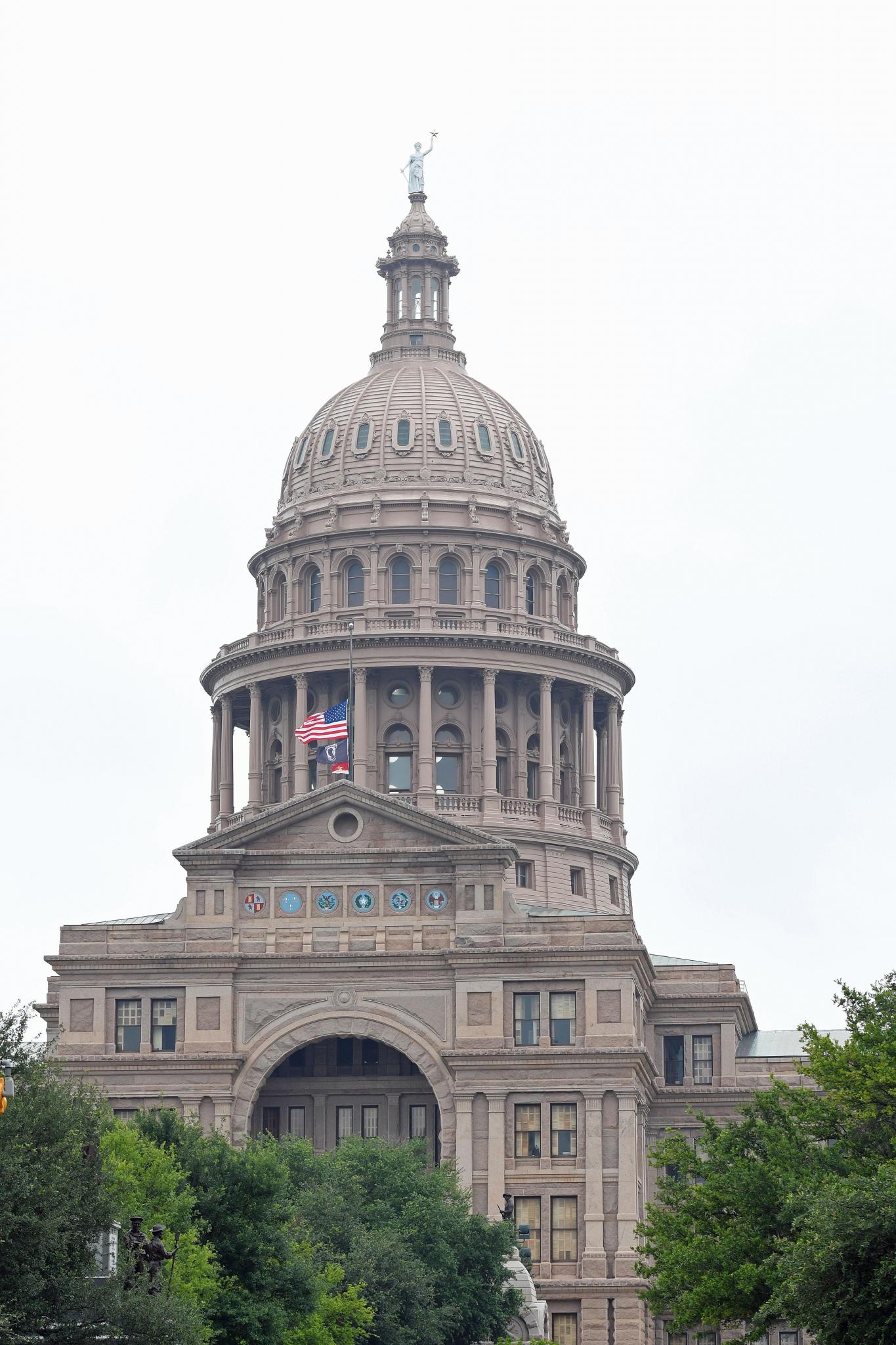
Daily Record photo by Gerald Castillo
Rep. Zwiener files 2 bills for special legislative session
State Rep. Erin Zwiener (D-Driftwood) filed two bills as the special legislative session began Thursday.
Zwiener filed House Bill 118 which aims to expand the Election Code to include student IDs as an acceptable form of voter identification. She also filed House Bill 121, which requires candidates for state office to abide by contribution limits.
Zwiener has now filed HB 118 for the third time. The bill was voted out of House Committee during the 87th Regular Session but never made it to the house floor.
“This bill will help remove barriers to voting for college students in my district and across the state,” Zwiener said. “The only reason to not allow students and state-run colleges and universities to use their student IDs for voting is if you don’t want young people to vote. Other forms of state ID are accepted, including concealed carry licenses.”
HB 118 would allow Texas college students to use their student IDs to vote. Currently, the state’s election code doesn’t include student ID cards as an acceptable form of voting. The bill would allow student IDs as an acceptable form of voting identification if the ID car was issued by a public institution of higher education in Texas and contains a photograph, full legal name, date of birth and expiration date.
Zwiener’s office said HB 118 would place student ID cards on par with requirements of other state-issued identification and make it “easier” for Texas students attending public higher education institutions to vote securely.
“I’ve seen Texas State University students turned away from the polls or forced to vote provisionally, because they routinely only carry their student IDs on campus,” Zwiener said. “The purpose of voter ID is not to establish eligibility — that is done through the registration process--but for registered Texans to establish who they are. Student IDs do just that. They are secure, issued by the state, and should be treated the same as any other state ID. Anything else is an arbitrary barrier designed to make it harder for young Texans to vote.”
HB 121 requires contribution limits for elected state officials and state candidates. The bill limits contributions to $5,000 per election per individual and $10,000 per election per political action committee. There is no contribution limit for state candidates in Texas.
Zwiener’s office said the bill will make elections in Texas “more equitable and lessen the influence that big money has on campaigns and elected officials.”
“House Bill 121 will bring integrity and transparency to our campaign finance system,” Zwiener said. “The best way to ensure that our elections have integrity is to make sure Texas elected officials aren’t for sale. This legislation would provide common sense campaign contribution limits, just like we have at the federal level.”
Texas is one of only 11 states without campaign contribution limits for state offices. Over $18.2 million was donated to state candidates from just 10 contributors during the 2018 election cycle, according to Zwiener’s office. That number tripled to over $68.4 million during the 2020 election cycle, Zwiener’s office added.
“I want elected officials to be accountable to their constituents, not their big donors,” Zwiener said. “We need to set a new standard of putting people first in politics, instead of money.”











